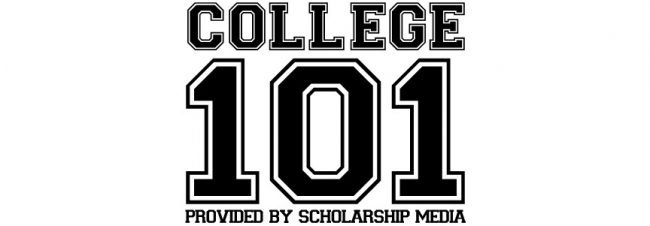Today marked the anniversary of Donald Trump’s inauguration. I stood in solidarity with tens of thousands of others here in my college hometown to protest hate and discrimination. The emotional energy was palpable, contagious, and exhilarating. Several passionate humanitarian advocates gave thought-provoking speeches.
One particular speech that caught my attention focused on exploring the things that make us similar while still celebrating our intrinsic differences. The presenter recited dozens of compelling examples. The most vivid comparison he made was between the three major religions around the world.
I realized during his remarks that I’ve spent my entire life completely ignorant of Islam and its core teachings. My family is Christian, but I consider myself pretty secular. That’s no excuse, though. I left the event with an overwhelming sense of duty and obligation. How can I learn more about the history of Islam and get some meaningful exposure to what the faith encourages its followers to do?
It’s extremely admirable that you’ve chosen to further your own understanding by exploring the nature of Islam. Confronting our own flaws take unbridled courage; accepting them requires uncompromising serenity. During a time period when conservative nationalism seems to be on the rise, it’s more important than ever that we remain introspective and open-minded. Real cultural acceptance begins with mutual understanding.
Consider some of these findings. Researchers at Pew Research Center reported in 2008 that global xenophobia was steadily increasing. Almost a decade later, experts at the United Nations (UN) General Assembly continue echoing similar findings. Contributors are observing unwarranted prejudice in Eastern Europe and Western Europe alike. The scenario in the U.S. fails to deviate much, either.
One thing tends to be for certain no matter what: Islam is disproportionately demonized by the mass media. This is both tremendously unfair and exceedingly dangerous when you account for the fact that Islam is the fastest growing major religion worldwide. That means more people ought to follow in your footsteps and deliberately dispel some of the most common misconceptions (e.g., “jihad” means “holy war”, slavery is acceptable, etc.). Expect some Islamic lessons and traditions to be vaguely familiar because they’re still fundamentally Abrahamic.
Another idea worthy of consideration is visiting a local mosque and/or trying to befriend someone who observes Islamic law. Investigating related online resources like Peace TV could prove productive. Tapping into major Muslim media outlets like Al Jazeera is also a sound strategy for anyone attempting to cultivate a decidedly holistic and unbiased perspective. While this list isn’t comprehensive by any means, it’s a promising place to begin.
As a final word of caution: anticipate encountering some people who are highly skeptical and possibly even dismissive at first. Don’t take those things personally. Remember that some Muslims are more likely than not to perceive you as a disruptive or threatening outsider. Building trusting relationships may take time and effort. Success won’t be easy, but you can be sure that it’ll definitely be a worthwhile and rewarding experience.
“Compassion is the key in Islam and Buddhism and Judaism and Christianity. They are profoundly similar.” – Karen Armstrong









